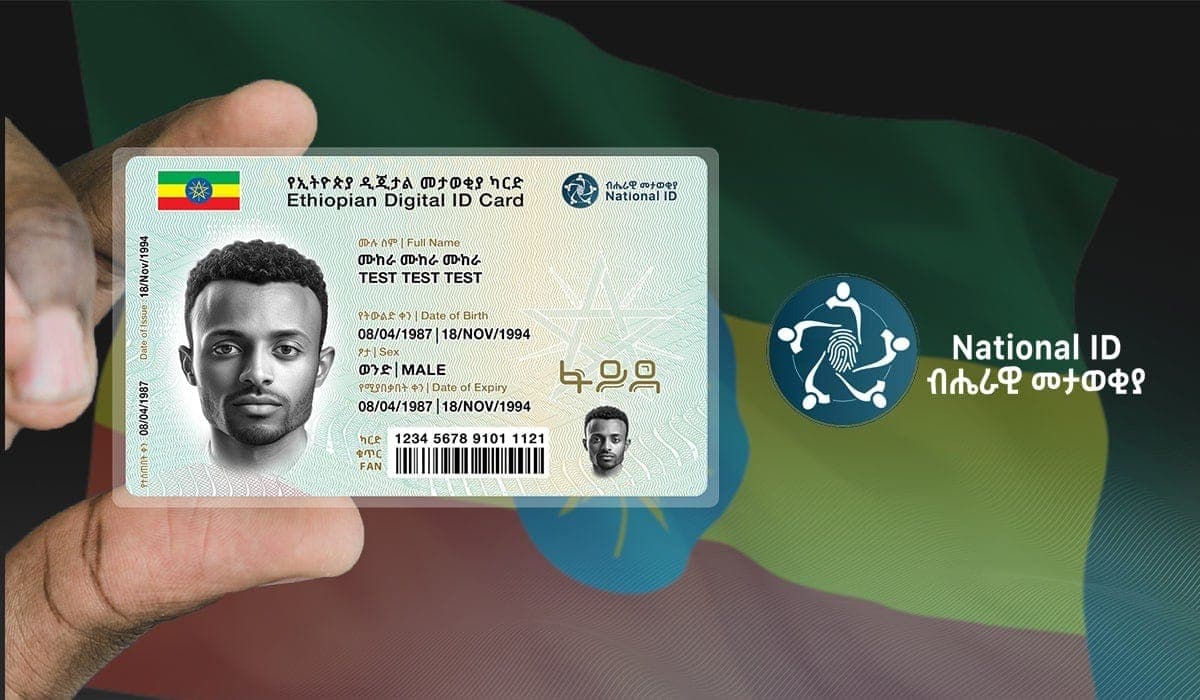Ethiopia has officially launched the Fayda digital ID system, a foundational digital identity platform developed in collaboration with TECH5 and Visa. The platform is central to the country’s “Digital Ethiopia 2025” strategy and aims to provide secure, inclusive digital identification to 90 million adults by 2027.
Official Launch and Platform Capabilities
The Fayda system was formally introduced at the 2025 ID4Africa conference in Addis Ababa, where representatives from the National ID Program (NIDP), TECH5, and Visa demonstrated its functionality. As of this month, more than 15 million Ethiopians have enrolled in the system. Prime Minister Abiy Ahmed, addressing the event, emphasized the project’s transformative impact, noting that the value of digital identity lies in the ability to improve lives and enable access to services.
The platform incorporates advanced biometric authentication based on TECH5’s patented multi-biometric solutions. It supports both smartphone-enabled users and individuals without digital access through a “custodian” wallet system. These wallets are managed by government-authorized agents, helping ensure nationwide inclusion regardless of digital literacy or infrastructure limitations.
Integration with Banking and Public Services
The Cooperative Bank of Oromia is the first financial institution to integrate with the Fayda Wallet, enabling new account openings via biometric eKYC verification without requiring physical documents. This aligns with Ethiopia’s policy mandating the use of Fayda IDs for all banking transactions by 2026, a move expected to drive financial inclusion and strengthen formal identity verification processes across the financial sector.
The Fayda platform is designed to support real-time identity authentication and eKYC processes across multiple sectors, including finance, healthcare, education, social services, and e-commerce. Its architecture complies with global interoperability standards such as W3C and EU eIDAS, reinforcing both security and cross-border compatibility.
The success of the Fayda system has already begun to attract attention from other African countries exploring national digital ID strategies. Zambia has expressed interest in Ethiopia’s model as a potential reference for its own identity infrastructure, reflecting the system’s growing influence in the region.





